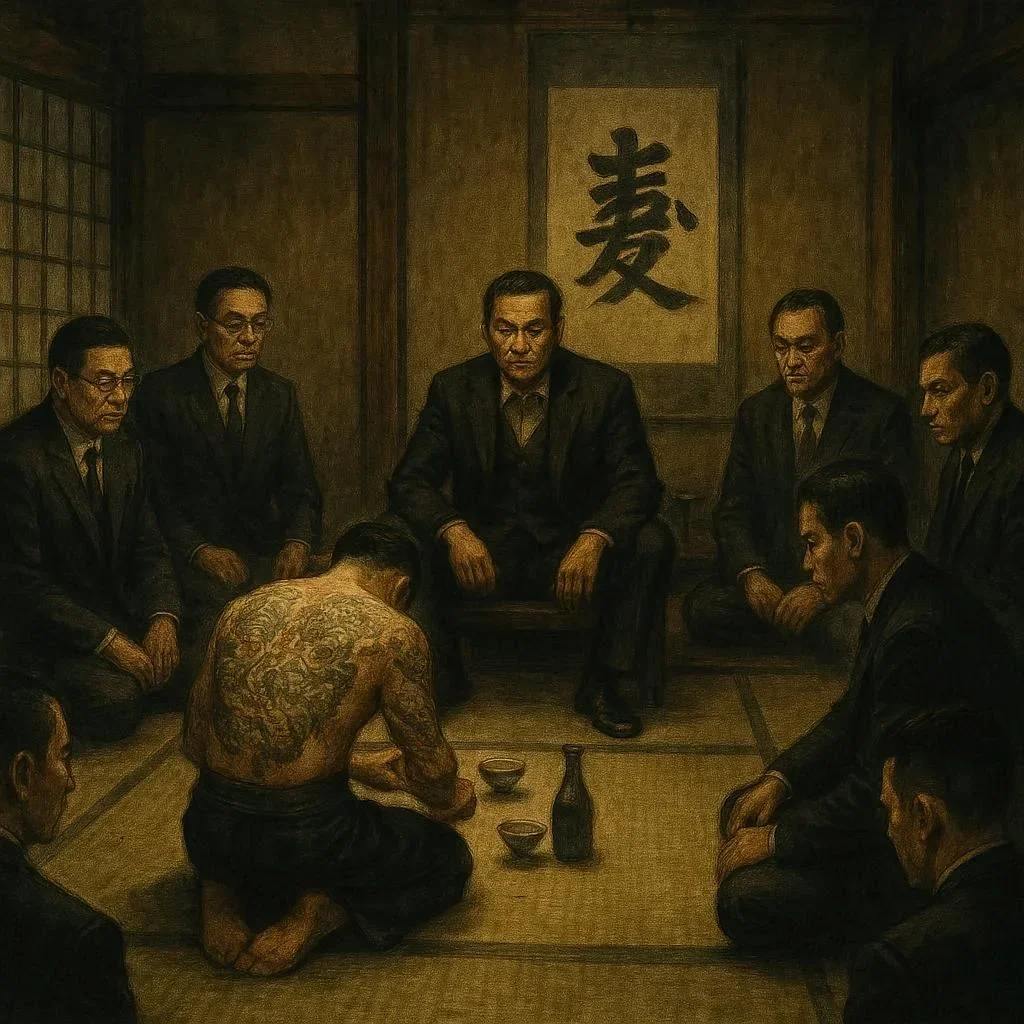501 views Samurai Philosophy in Contemporary Leadership
In an era marked by rapid change and uncertainty, leaders are increasingly seeking timeless wisdom to navigate the complexities of modern business. The Samurai philosophy, rooted in the Bushido Code, offers a rich tapestry of ethical and practical principles that resonate deeply in today’s corporate world. This blog explores how the age-old tenets of the Samurai can inspire and transform contemporary leadership.
Understanding the Samurai Philosophy
The Samurai philosophy, often referred to as Bushido (literally, ‘the way of the warrior’), is a code of conduct that emphasizes honor, discipline, and self-sacrifice. Originating in Japan during the medieval period, it was not just a set of rules for warriors but a holistic way of life that encompassed ethical behavior, mental toughness, and spiritual growth. While the Samurai class has long since faded, their philosophy remains a powerful metaphor for leadership excellence.
The Bushido Code is built on seven core virtues: integrity (, gi), courage (, yū), benevolence (, jin), respect (, rei), honesty (, makoto), loyalty (, chū), and self-discipline (, jiritsu). These principles are not only timeless but also remarkably applicable to the challenges of modern leadership.
The Key Tenets of the Bushido Code and Their Relevance to Leadership
The Bushido Code provides a framework for ethical and effective leadership. Below, we explore how its key tenets can be applied in contemporary contexts.
1. Integrity (, Gi)
Integrity is the foundation of trust and credibility in any organization. Samurai were expected to act in accordance with their principles, even when no one was watching. For modern leaders, this means aligning their actions with their words and fostering a culture of transparency. When leaders demonstrate integrity, they earn the respect of their teams and stakeholders, creating a solid foundation for long-term success.
2. Respect and Etiquette (, Rei)
Samurai placed great importance on respect and proper etiquette in all interactions. In today’s diverse and globalized workplaces, respect is more critical than ever. Leaders who cultivate an environment of mutual respect, inclusivity, and empathy not only enhance team morale but also drive innovation and collaboration.
3. Courage (, Yū)
Courage, in the Bushido tradition, is not the absence of fear but the willingness to act in the face of adversity. For contemporary leaders, this means making tough decisions, embracing change, and taking calculated risks. Courageous leaders inspire their teams to step out of their comfort zones and strive for excellence.
4. Benevolence and Generosity (, Jin)
Benevolence is about demonstrating compassion and kindness in leadership. Samurai were expected to be generous and to act for the greater good. In modern leadership, this translates to prioritizing the well-being of employees, engaging in corporate social responsibility, and fostering a sense of community. Leaders who practice benevolence create loyal and motivated teams.
5. Self-Discipline (, Jiritsu)
Self-discipline is the cornerstone of personal and professional growth. Samurai cultivated mental and physical discipline through rigorous training and meditation. For modern leaders, this means developing self-awareness, managing emotions, and maintaining a high standard of professionalism. Self-disciplined leaders are better equipped to handle stress and maintain their composure under pressure.
6. Loyalty and Commitment (, Chū)
Loyalty was a sacred virtue in the Samurai tradition, expressed through unwavering commitment to one’s lord, family, and community. In contemporary leadership, loyalty manifests as steadfast commitment to the organization’s mission, employees, and stakeholders. Leaders who demonstrate loyalty build trust and foster a sense of shared purpose.
Applying Samurai Philosophy in Modern Leadership
The timeless wisdom of the Bushido Code offers practical lessons for leaders in various industries. By embracing the principles of integrity, respect, courage, and self-discipline, modern leaders can cultivate a leadership style that is both ethical and effective.
Leading with Integrity and Transparency
Trust is the glue that holds organizations together. Leaders who act with integrity and transparency foster a culture of trust, where employees feel secure and empowered to contribute their best. For example, when leaders are transparent about challenges and decisions, they demonstrate their commitment to fairness and accountability.
Building a Culture of Respect and Inclusivity
In today’s globalized and interconnected world, respect for diversity is essential for organizational success. Leaders who embrace the Bushido principle of respect can create an inclusive workplace culture where diverse perspectives are valued and respected. This not only enhances collaboration but also drives innovation and creativity.
Embracing Courage and Resilience
The ability to embrace change and navigate uncertainty is critical in today’s fast-paced business environment. Leaders who embody the Samurai spirit of courage are better equipped to lead their organizations through periods of transformation and adversity. By fostering a culture of resilience, they inspire their teams to adapt and thrive in challenging circumstances.
Cultivating Self-Discipline and Emotional Intelligence
Self-discipline and emotional intelligence are essential for effective leadership. Leaders who practice self-awareness, emotional regulation, and mental discipline are better able to make sound decisions, manage conflicts, and maintain positive relationships with their teams.
Conclusion and Call-to-Action
The Samurai philosophy offers a profound and timeless guide for contemporary leaders. By embracing the tenets of the Bushido Code, leaders can cultivate a leadership style that is ethical, resilient, and inspiring. In an age where trust and integrity are increasingly valued, the principles of the Samurai provide a powerful framework for leading with purpose and effectiveness.
If you are a leader seeking to enhance your leadership style or an aspiring leader looking for inspiration, we encourage you to explore the wisdom of the Samurai philosophy. Start by reflecting on the Bushido Code and how its principles can be applied in your own leadership journey.
Let us know your thoughts in the comments below, and feel free to share this post with others who may find value in the timeless wisdom of the Samurai. For further reading, you can explore the following resources:
Until next time, embrace the wisdom of the Samurai and lead with integrity, courage, and compassion.






